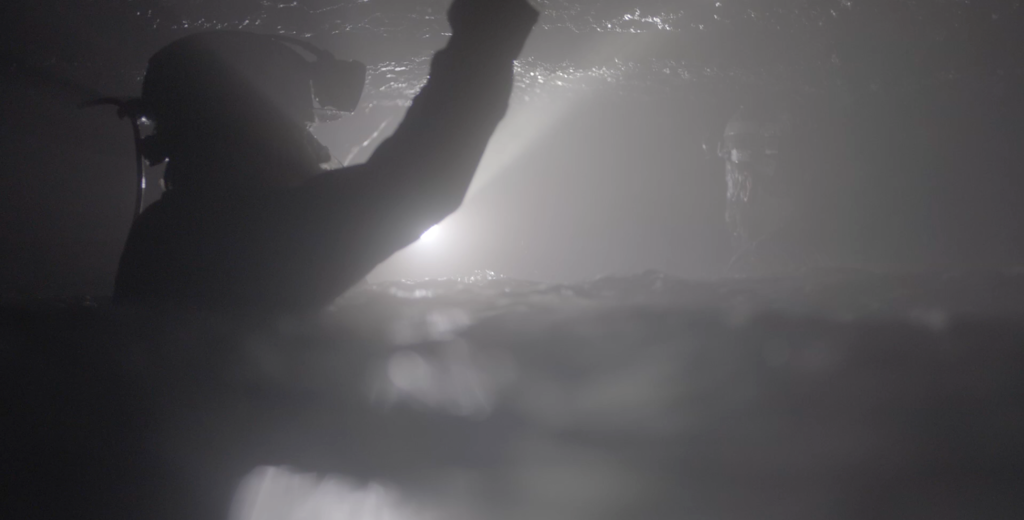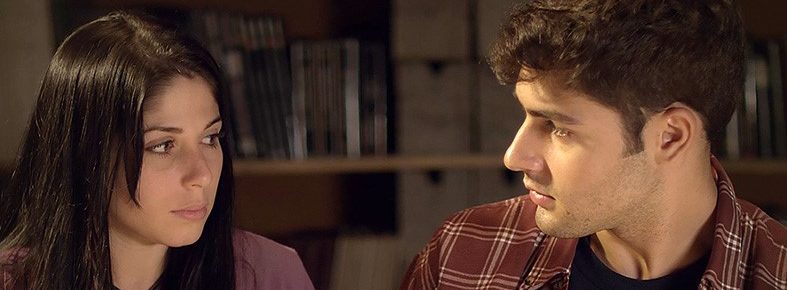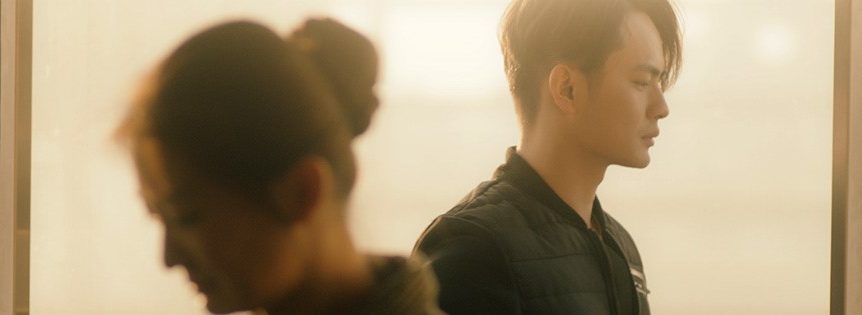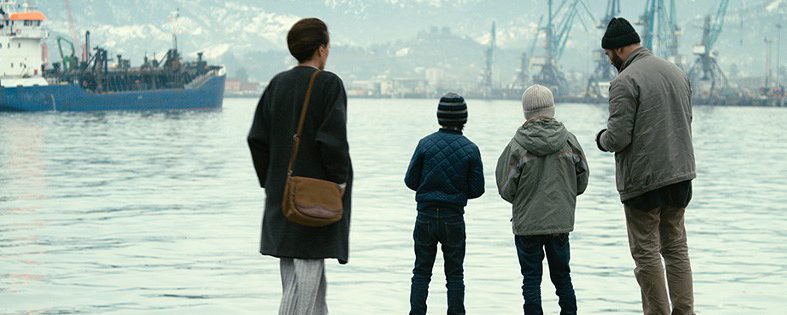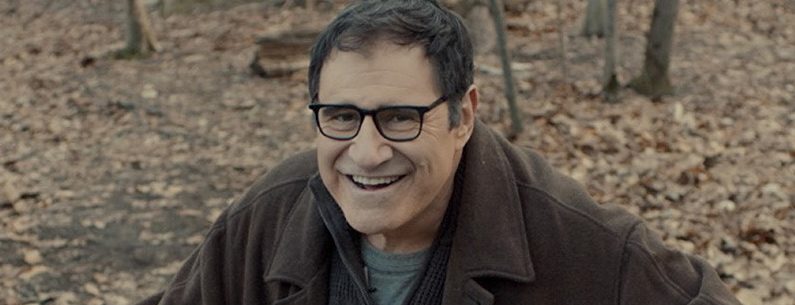The superb thriller Mine 9 opens with men at work in a dangerous workplace – a coal mine two miles under their hometown. Something goes wrong, but the men, under the confident, expert direction of their Section Leader Zeke (Terry Serpico), demonstrate their training and quickly quell the emergency. Once on the surface, Zeke thinks that methane levels have made the mine too dangerous; but his crew demand to return to the mine because they can’t afford the lost paychecks. They are betting their lives for those paychecks.
To keep the crew – his friends and family members – as safe as possible, Zeke reluctantly leads them back underground. Then a methane explosion traps them deep underground. They must find a way out and soon – they only have a one-hour supply of oxygen and time is ticking away. What happens next is a gripping page-turner.
Mine 9 is the second feature for writer-director Eddie Mensore. A major reason it’s so successful is that Mensore has delivered remarkable verisimilitude; he has created what we accept to be a specific claustrophobic workplace. Mine 9 is both a mine safety exposé and a mining procedural. I can’t think of another movie that shows the underground safety protocols and the use of real modern mining machinery.
Mine 9 is also an exploration of – and contemplation on – the inherent danger of coal mining. These miners come from a local and family tradition of mining, so they accept dangers that the rest of us would not; if these men lived somewhere else, they would have safer jobs – but they haven’t seen any opportunity to move out of coal country.
And then there’s the economic imperative. In Mine 9, the miners understand that the mine has become more dangerous than usual. But the fear of missing even one paycheck outweighs what we would see as a crazy risk.
One of the crew, the 18-year-old son and nephew of the miners, is going underground for the first time, so the audience is able to see the work environment through his lens, without the more experienced miner’s earned sense of comfort. He is quickly shown an undecipherable diagram of the mine and told, if anything goes wrong, go here. Good luck with that.
All of the performances are very good, especially those of Terry Serpico as Zeke and Erin Elizabeth Burns as the on-site mine manager Teresa. Movies often portray the non-college educated working class, especially in Appalachia, as ridiculous, dumbass rednecks or with some artificial nobility. As written by Mensore and played by Serpico and Burns, Zeke and Teresa, both smart and inventive under pressure, also appreciate how the business environment has taken away their best options to protect the workers.
Mine 9′s soundtrack, which can be sampled here, is filled with haunting Appalachian music that helps give the film a sense of place. This is a culture that recognizes, even in its music that death is always near.
Cinequest hosts the world premiere of Mine 9, the best thriller at this festival. Stay through the end credits to meet some real coal miners.

